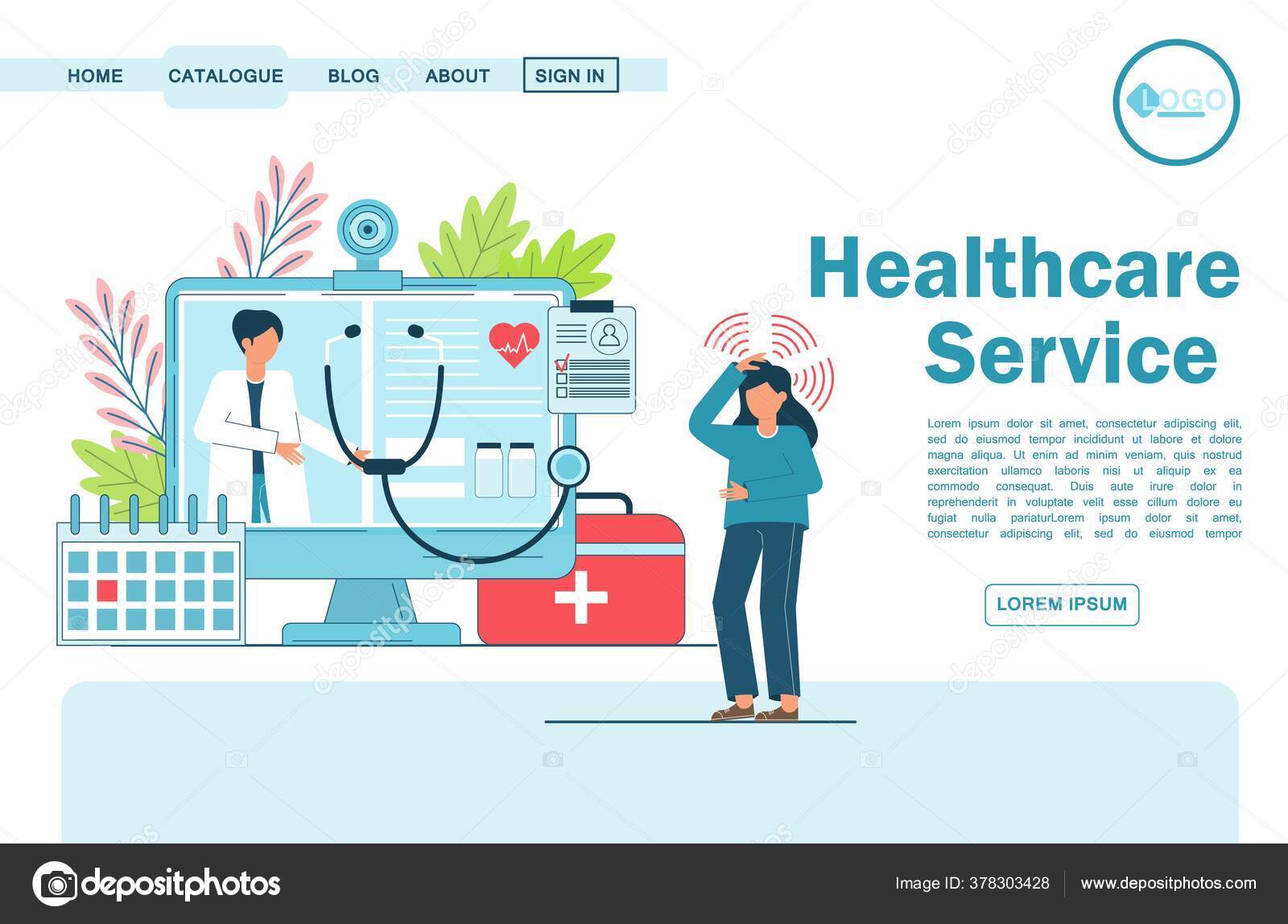Understanding the Price Savings of Subscription Based Healthcare for Families
Understanding the Price Savings of Subscription Based Healthcare for Families
Blog Article
Understanding the Cost-Effectiveness of Subscription-Based Health Care Models
As the health care landscape advances, subscription-based models emerge as a compelling alternative, guaranteeing to redefine just how individuals handle clinical expenditures. Assessing these versions' cost-effectiveness demands a nuanced contrast with standard insurance, considering both economic effects and individual contentment.
Introduction of Subscription-Based Versions
Subscription-based medical care models, often referred to as straight medical care or concierge medicine, are significantly obtaining interest as a potential service to inefficiencies within conventional medical care systems. These designs operate the concept of offering individuals direct access to doctor through a monthly or yearly fee, bypassing the requirement for traditional insurance devices. This setup aims to streamline patient-provider communications by decreasing management worries, which usually prevent personalized and prompt care.
At the core of subscription-based versions is the emphasis on a more individualized patient experience. Individuals take advantage of boosted access to their medical professionals, commonly including same-day or next-day appointments, extended consultation times, and direct communication networks such as phone or video telephone calls. This model cultivates a positive technique to healthcare, where clients and providers can collaboratively focus on preventative care and persistent illness management.

Expense Contrast With Typical Insurance Coverage

One of the key monetary benefits of membership versions is openness in prices. Alternatively, typical insurance coverage may be a lot more helpful for individuals needing specialized care or expensive treatments not covered under a subscription design, as they profit from the more comprehensive protection network and cost-sharing mechanisms.
Nevertheless, cost-effectiveness is context-dependent. While registration models may offer cost savings for those largely needing medical care, people with chronic conditions or specialized health care needs could discover standard insurance coverage more detailed. Consequently, evaluating certain healthcare requirements and possible usage is crucial in identifying one of the most cost-efficient alternative for individuals.
Effect On Client Fulfillment
Person contentment within subscription-based healthcare models usually shows a substantial renovation over typical insurance systems. This improvement is mainly connected to the individualized treatment and access these designs supply. Individuals often report higher complete satisfaction as a result of decreased wait times and the convenience of organizing visits. Unlike typical systems, where individuals might experience delays in obtaining treatment, subscription-based models make certain more direct and timely communications with doctor.
Moreover, the transparency in expenses connected with subscription-based health care alleviates the usual irritations associated with unanticipated fees and complex payment procedures seen in typical insurance policy (subscription based healthcare). Patients value knowing the specific monetary dedication upfront, leading to boosted depend on and self-confidence in their healthcare management
Furthermore, the emphasis on preventative treatment and health in subscription models adds to boosted wellness results, further boosting patient complete satisfaction. By concentrating on continuous health care as opposed to anecdotal care, clients experience a more continuous and alternative health care trip.
In addition, the enhanced provider-patient partnership fostered in these models, characterized by more time invested per person and customized attention, plays an important role in raising patient complete satisfaction degrees, as clients really feel really looked after and understood.
Company Point Of Views and Experiences
From the company's point of view, subscription-based healthcare designs supply a transformative strategy to providing medical solutions. These versions emphasize a positive and preventative medical care technique, enabling companies to concentrate on thorough individual care without the restraints of conventional fee-for-service setups (subscription based healthcare). This shift in emphasis frequently leads to improved person outcomes and raised copyright complete satisfaction, as healthcare professionals can assign more time and sources to individual involvement and customized care strategies
In addition, membership designs i was reading this facilitate foreseeable income streams, which improve monetary stability for medical care companies. This predictability enables for boosted source planning and appropriation, contributing to a much more efficient health care shipment system. Suppliers can invest in team training, technology, and framework improvements, thereby enhancing the high quality of treatment provided.
Nevertheless, the change to subscription-based designs is not without obstacles. In spite of these obstacles, lots of carriers discover that the benefits of enhanced person interaction and streamlined operations outweigh the first challenges, making subscription-based versions an eye-catching alternative.
Future Prospects and Challenges

A main obstacle is regulative conformity, as registration models have to follow developing healthcare policies and insurance demands. This necessitates constant adaptation and innovation to guarantee placement with lawful criteria. Additionally, incorporating these designs into existing healthcare infrastructures can be intricate, needing significant investments in technology and training.
There is also the potential threat of developing injustices in healthcare accessibility, as subscription models may favor those that can manage them, leaving prone populations underserved. Resolving this requires thoughtful factor to consider of pricing approaches and aid mechanisms to make sure inclusivity.
Final Thought
Subscription-based healthcare models offer a practical choice to traditional insurance coverage by providing monetary predictability and openness, specifically profiting people with persistent conditions or regular medical care needs. The cost-effectiveness of these models is contingent upon private healthcare use patterns and conditions.
Subscription-based healthcare here are the findings models, sometimes referred to as direct key treatment or concierge medication, are progressively gaining focus as a possible remedy to ineffectiveness within standard medical care systems. Unlike traditional systems, where clients could experience delays in receiving treatment, subscription-based versions ensure more timely and straight communications with health care companies.
These designs stress a preventative and positive health care approach, permitting carriers to focus on detailed client care without the restrictions of conventional fee-for-service arrangements. As these designs continue to gain traction, they use the potential to transform person access to care, improve service shipment, and enhance medical care investing.Subscription-based medical care models present a feasible choice to conventional insurance by using monetary predictability and openness, particularly benefiting people with chronic problems or frequent health care needs.
Report this page